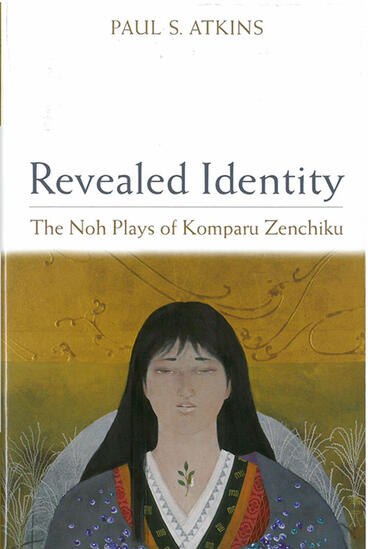Revealed Identity
The Noh Plays of Komparu Zenchiku
The first comprehensive study of the noh plays of a 15th-century actor, playwright, and theoretician
Description
A renowned performer in his own time, Komparu Zenchiku was rediscovered in the modern period as the author of numerous treatises on his art, which he studied under the tutelage of his father-in-law, Zeami Motokiyo (1363–1443). Even more recently, Zenchiku has begun to receive the attention he deserves as a major playwright in the Japanese dramatic tradition.Revealed Identity begins with an introduction on the cultural, philosophical, and sociopolitical contexts in which fourteen fascinating plays that have been attributed to Zenchiku were produced. The plays are then grouped into five thematic clusters: the relationship between humans and the nonsentient world, transgression and the suppression or subjugation of the demonic, divinity and its intersection with landscape and the abject, the figuration of female characters as “women who wait,” and delusion and ambiguity in works based on the classic Tale of Genji.The entire study is organized around a concept called “revealed identity,” which is defined as a relentless nondualism coupled with a sense of drama as an opportunity to reveal the true nature of a character, rather than illustrating a transformation of that nature. In this regard, Zenchiku’s attitude toward noh diverges from that of his contemporaries and challenges the classic Western view of drama that defines it in terms of conflict and action.
Paul S. Atkins is Associate Professor and Department Chair of Asian Languages and Literature at the University of Washington. He received his PhD from Stanford University and has taught at Montana State University, Bozeman. He has published a number
Reviews
"A welcome addition to the secondary literature on Noh, full of original insights by a well-informed scholar, and, as it happens, beautifully produced with a large number of illustrations."—Noel Pinnington, International Journal of Asian Studies

